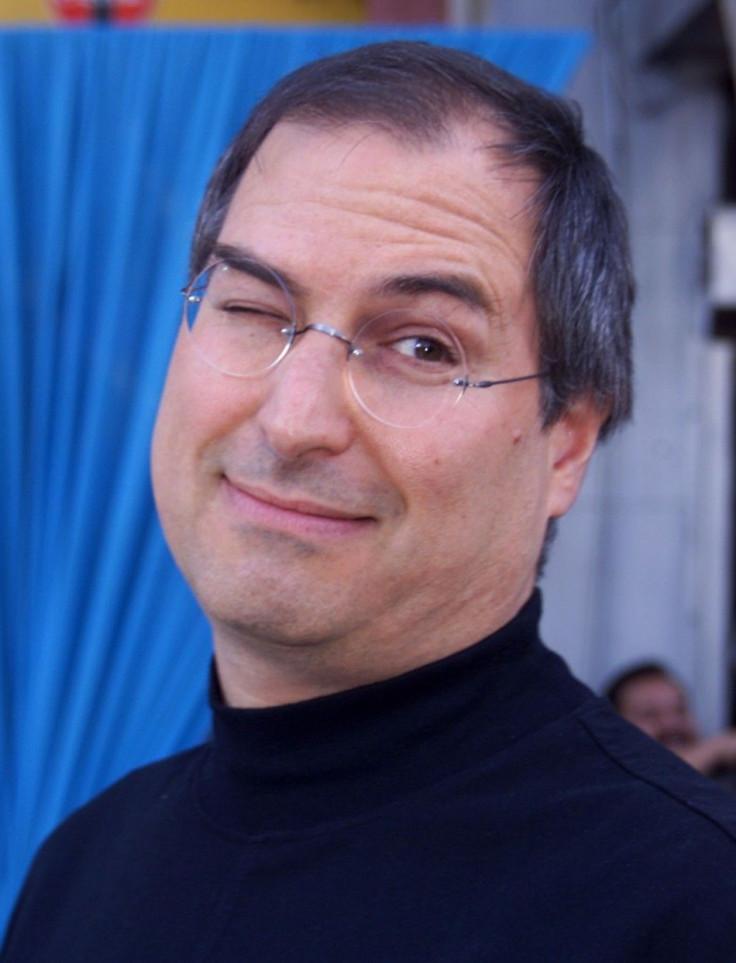Jobs Struggled With Rare Pancreatic Cancer for Years

People with the rare form of cancer that Apple Inc's Steve Job suffers from face a tough fight if the disease reoccurs, because of the methods used in fighting the cancer.
Steve Jobs on Wednesday resigned as chief executive of Apple, marking an end to his 14-year reign at the consumer electronics giant he co-founded in a garage.
The 55-year-old briefly emerged from his medical leave in March to unveil the iPad 2 tablet computer, and later to attend a dinner hosted by President Barack Obama for technology leaders in the Silicon Valley.
In mid-2004, Jobs announced that he had been diagnosed with a cancerous tumor in his pancreas and said that he had a rare, considerably less-aggressive type known as islet cell neuroendocrine tumor.
Jobs underwent a pancreaticoduodenectomy -- also known as a Whipple procedure -- in July 2004 that appeared to successfully remove the tumor, The New York Times reported.
He underwent a liver transplant two years ago to fight off the spread of the neuroendocrine tumor. The procedure for fighting the tumor is experimental and filled with lots of complications.
Dr. Simon Lo, director of pancreatic and biliary diseases at Cedars-Sinai Medical Center in Los Angeles told Reuters that the most likely serious complication after Jobs' liver transplant would have been further spread of the cancer, which could have forced Jobs to leave his position permanently.
According to the University of California, San Francisco, more than 80 percent of patients who get liver transplants to treat this type of cancer live for at least five years.
Lo said a recent study showed that about three-quarters of patients who underwent liver transplant because of cancer saw reoccurrence of their cancer two to five years after the transplantation.
The immunosuppressant drugs which are essential for a liver transplant, make it difficult for the body to fight back the disease.
Jobs may be confronting both the liver transplant related specific problems, as well as the cancer itself, Lo said.
Whenever you put patients on immunosuppressant medications, there's always a risk that it could take away natural resistance, so the cancer could grow faster, Lo added.
On Jan. 14, 2009, according to an in an internal Apple memo, Jobs wrote that a week earlier he had learned that my health-related issues are more complex than I originally thought and announced a six-month leave of absence until the end of June 2009 to enable him to better focus on his health. Tim Cook, who had previously acted as CEO in Jobs' 2004 absence, became acting CEO of Apple, with Jobs still involved with the major strategic decision.
In April 2009, Jobs underwent a liver transplant at Methodist University Hospital Transplant Institute in Memphis, Tenn. Jobs' prognosis was determined to be excellent.
On Jan. 17, 2011, one and a half years after Jobs returned from his liver transplant, Apple announced that he had been granted a medical leave of absence. Jobs announced his leave in a letter to employees stating his decision was made so he could focus on his health.
© Copyright IBTimes 2024. All rights reserved.











